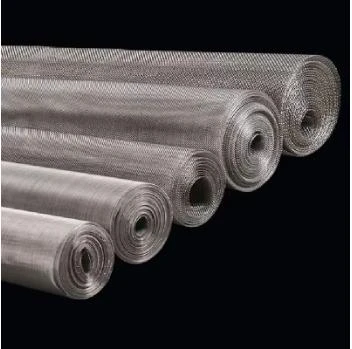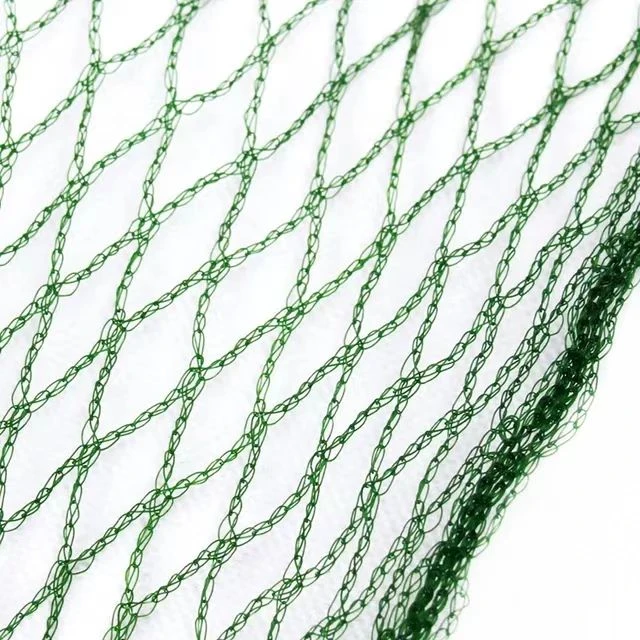-
 Afrikaans
Afrikaans -
 Albanian
Albanian -
 Amharic
Amharic -
 Arabic
Arabic -
 Armenian
Armenian -
 Azerbaijani
Azerbaijani -
 Basque
Basque -
 Belarusian
Belarusian -
 Bengali
Bengali -
 Bosnian
Bosnian -
 Bulgarian
Bulgarian -
 Catalan
Catalan -
 Cebuano
Cebuano -
 China
China -
 Corsican
Corsican -
 Croatian
Croatian -
 Czech
Czech -
 Danish
Danish -
 Dutch
Dutch -
 English
English -
 Esperanto
Esperanto -
 Estonian
Estonian -
 Finnish
Finnish -
 French
French -
 Frisian
Frisian -
 Galician
Galician -
 Georgian
Georgian -
 German
German -
 Greek
Greek -
 Gujarati
Gujarati -
 Haitian Creole
Haitian Creole -
 hausa
hausa -
 hawaiian
hawaiian -
 Hebrew
Hebrew -
 Hindi
Hindi -
 Miao
Miao -
 Hungarian
Hungarian -
 Icelandic
Icelandic -
 igbo
igbo -
 Indonesian
Indonesian -
 irish
irish -
 Italian
Italian -
 Japanese
Japanese -
 Javanese
Javanese -
 Kannada
Kannada -
 kazakh
kazakh -
 Khmer
Khmer -
 Rwandese
Rwandese -
 Korean
Korean -
 Kurdish
Kurdish -
 Kyrgyz
Kyrgyz -
 Lao
Lao -
 Latin
Latin -
 Latvian
Latvian -
 Lithuanian
Lithuanian -
 Luxembourgish
Luxembourgish -
 Macedonian
Macedonian -
 Malgashi
Malgashi -
 Malay
Malay -
 Malayalam
Malayalam -
 Maltese
Maltese -
 Maori
Maori -
 Marathi
Marathi -
 Mongolian
Mongolian -
 Myanmar
Myanmar -
 Nepali
Nepali -
 Norwegian
Norwegian -
 Norwegian
Norwegian -
 Occitan
Occitan -
 Pashto
Pashto -
 Persian
Persian -
 Polish
Polish -
 Portuguese
Portuguese -
 Punjabi
Punjabi -
 Romanian
Romanian -
 Russian
Russian -
 Samoan
Samoan -
 Scottish Gaelic
Scottish Gaelic -
 Serbian
Serbian -
 Sesotho
Sesotho -
 Shona
Shona -
 Sindhi
Sindhi -
 Sinhala
Sinhala -
 Slovak
Slovak -
 Slovenian
Slovenian -
 Somali
Somali -
 Spanish
Spanish -
 Sundanese
Sundanese -
 Swahili
Swahili -
 Swedish
Swedish -
 Tagalog
Tagalog -
 Tajik
Tajik -
 Tamil
Tamil -
 Tatar
Tatar -
 Telugu
Telugu -
 Thai
Thai -
 Turkish
Turkish -
 Turkmen
Turkmen -
 Ukrainian
Ukrainian -
 Urdu
Urdu -
 Uighur
Uighur -
 Uzbek
Uzbek -
 Vietnamese
Vietnamese -
 Welsh
Welsh -
 Bantu
Bantu -
 Yiddish
Yiddish -
 Yoruba
Yoruba -
 Zulu
Zulu
Feb . 14, 2025 11:09
Back to list
insect proof net house
Insect proof net houses, a game changer for modern agriculture, offer farmers an innovative solution for combating pest issues without relying on chemical pesticides. With increasing concerns over the environmental and health impacts of pesticides, these net houses present an eco-friendly alternative for crop protection. This comprehensive article provides valuable insights into the application and benefits of insect proof net houses, drawing from real-world experiences and expert recommendations.
Research studies validate the effectiveness of insect proof net houses in improving crop yield and quality. Several agricultural research institutions have conducted trials comparing open-field cultivation with net house farming. The findings consistently show that crops under net protection suffer less from pest infestations, leading to healthier plants and higher yields. There are challenges, however, that must be addressed for successful implementation. Initial costs for setting up insect proof net houses can be high, posing a barrier for small-scale farmers. Nonetheless, many agricultural development organizations and governments support cost-sharing schemes and provide subsidies to mitigate these expenses. Long-term savings and increased yields often compensate for the initial investment, making it financially viable. Trust plays a critical role in the adoption of new agricultural technologies. Building credibility involves transparent communication of the benefits and limitations of insect proof net houses. Agricultural advisory services play a vital role in guiding farmers in best practices, addressing concerns, and providing assurance of the technology's efficacy. As climate change continues to challenge traditional farming practices, the adaptability of insect proof net houses offers a reliable solution. By protecting crops from erratic weather patterns and unexpected pest surges, these structures provide a buffer against climatic uncertainties. Their capacity to reduce water usage further aligns with sustainable agriculture practices needed for the future. In conclusion, insect proof net houses represent a significant advancement in agricultural practices, providing an eco-friendly, efficient, and sustainable solution for pest management. With authoritative support from experts and verifiable data from real-case scenarios, their integration into farming offers promising prospects for enhancing food security, ensuring environmental protection, and boosting economic resilience for farmers worldwide. Pursuing knowledge and practical insights about these systems will arm agricultural practitioners with the expertise needed to navigate the challenges of modern farming effectively.


Research studies validate the effectiveness of insect proof net houses in improving crop yield and quality. Several agricultural research institutions have conducted trials comparing open-field cultivation with net house farming. The findings consistently show that crops under net protection suffer less from pest infestations, leading to healthier plants and higher yields. There are challenges, however, that must be addressed for successful implementation. Initial costs for setting up insect proof net houses can be high, posing a barrier for small-scale farmers. Nonetheless, many agricultural development organizations and governments support cost-sharing schemes and provide subsidies to mitigate these expenses. Long-term savings and increased yields often compensate for the initial investment, making it financially viable. Trust plays a critical role in the adoption of new agricultural technologies. Building credibility involves transparent communication of the benefits and limitations of insect proof net houses. Agricultural advisory services play a vital role in guiding farmers in best practices, addressing concerns, and providing assurance of the technology's efficacy. As climate change continues to challenge traditional farming practices, the adaptability of insect proof net houses offers a reliable solution. By protecting crops from erratic weather patterns and unexpected pest surges, these structures provide a buffer against climatic uncertainties. Their capacity to reduce water usage further aligns with sustainable agriculture practices needed for the future. In conclusion, insect proof net houses represent a significant advancement in agricultural practices, providing an eco-friendly, efficient, and sustainable solution for pest management. With authoritative support from experts and verifiable data from real-case scenarios, their integration into farming offers promising prospects for enhancing food security, ensuring environmental protection, and boosting economic resilience for farmers worldwide. Pursuing knowledge and practical insights about these systems will arm agricultural practitioners with the expertise needed to navigate the challenges of modern farming effectively.
Next:
Latest news
-
The Sunshade Net Can Block Ultraviolet RaysNewsAug.11,2025
-
Main Application and Technology of Nylon ScreenNewsAug.11,2025
-
Green Anti UV Sunshade Net: The Perfect Combination of Ecological Friendliness and Practical PerformanceNewsAug.11,2025
-
Explore the Sunshade NetNewsAug.11,2025
-
Application and Development of Nylon Screen in Fuel Processing and TreatmentNewsAug.11,2025
-
Application and Advantages of Nylon Screen for AquacultureNewsAug.11,2025











